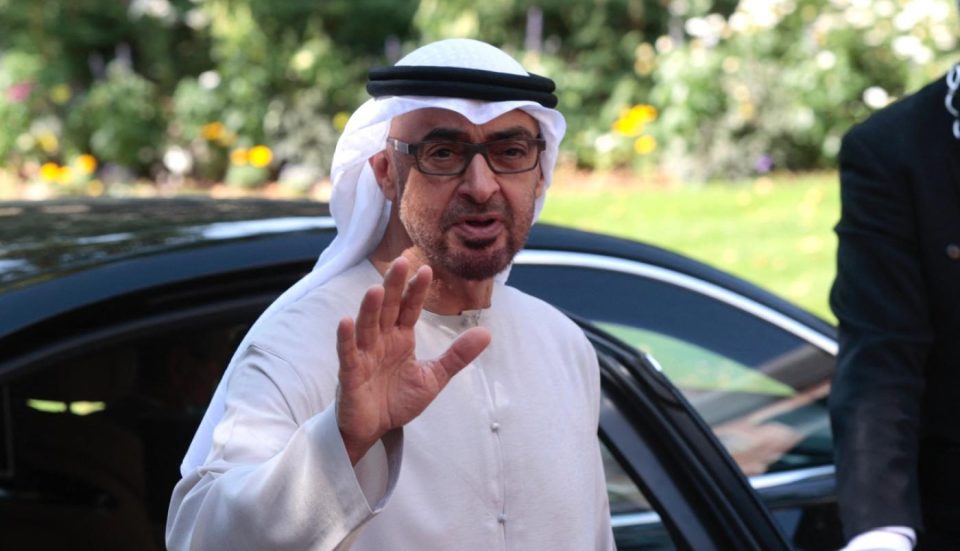Sheikh Mohammed bin Zayed Al Nahyan, the president of the United Arab Emirates (UAE), recently appointed his eldest son, Sheikh Khaled, as the crown prince of Abu Dhabi, the capital of the Gulf Arab state. This places Sheikh Khaled next in line to take over as the federation’s leader. The state-run WAM news agency made the announcement, but further details were not provided.
Sheikh Khaled, 41, has already held several important positions in the UAE, including chairman of the country’s intelligence agency, member of the Abu Dhabi Executive Council, and chairman of the Abu Dhabi Executive Office. He has also overseen many of the emirate’s major development projects. He holds several board chairmanships, including the UAE Genomics Council, the Abu Dhabi National Oil Company executive committee, and the Advanced Technology Research Council. He is married and has a son and two daughters.
Sheikh Mohammed also made other appointments, naming his other brothers as Vice President of the UAE, deputy ruler of Abu Dhabi, and national security adviser, respectively.
The UAE has been expanding its military power in the region and has opposed the rise of Islamist groups. In 2020, the UAE normalised relations with Israel in the first of the so-called Abraham Accords, followed by Bahrain, Morocco, and Sudan.
Abu Dhabi is known for its wealth and controls several sovereign wealth funds, making it a major regional player. It is also an OPEC oil producer.
Sheikh Zayed bin Sultan Al Nahyan established the UAE in 1971 and governed it until he died in 2004. Since May 2021, Sheikh Mohammed, also called MBZ, has been Abu Dhabi’s ruler and the UAE’s president, succeeding his half-brother Sheikh Khalifa bin Zayed. MBZ has wielded substantial influence behind the scenes for many years and played a crucial part in forming an anti-Iran alliance with Israel, driving a shift in the geopolitical landscape of the Middle East.







